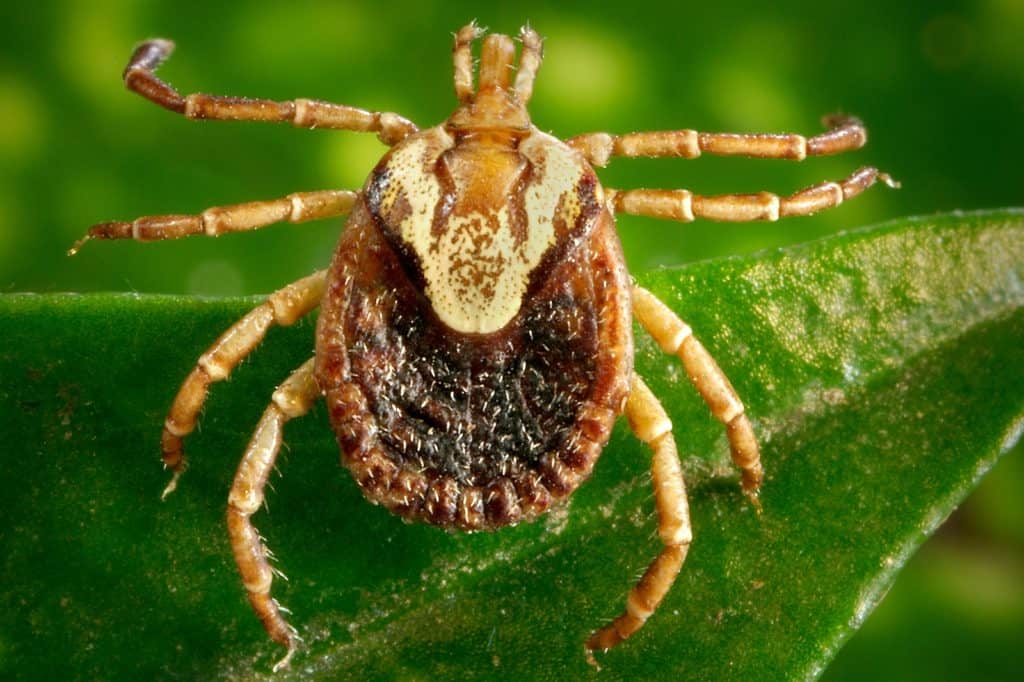Equine Piroplasmosis Testing Offered in Kentucky
After passing a rigorous proficiency testing program, the UK Livestock Disease Diagnostic Center (LDDC) has been approved by the United States Department of Agriculture National Veterinary Services Laboratory to begin testing horses for Equine Piroplasmosis.

















